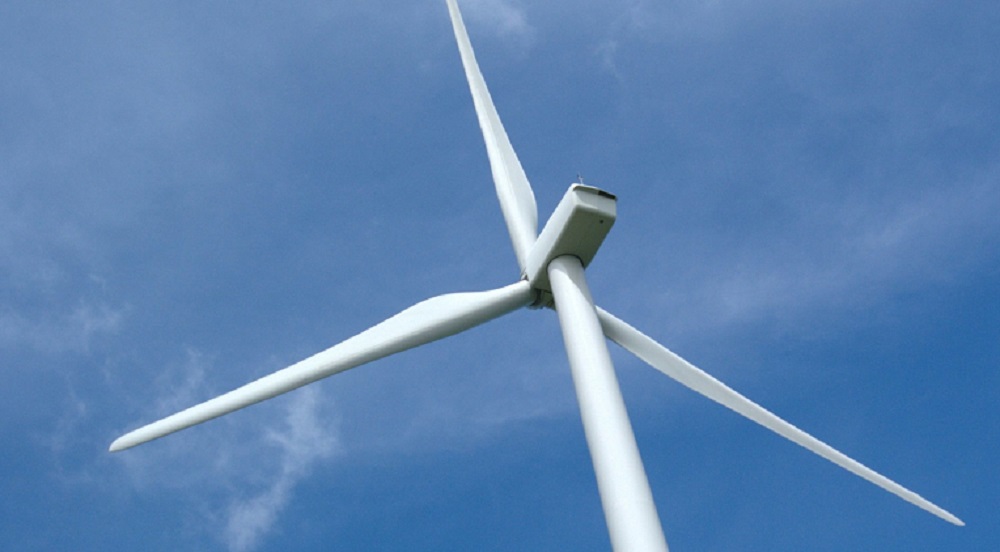RIO DE JANEIRO, BRAZIL – The South American country slipped 2 places with respect to the 2020 ranking, although it remained in a very prominent position in the world and in the region, as Costa Rica ranked 26th (up one place with respect to last year) and Colombia, after dropping four places, was ranked 29th.
Next in the region come Brazil (in 30th position), Chile (34th), Paraguay (36th), Peru (42nd), Mexico (46th), Argentina (47th), Ecuador (48th) and Panama (50th), while the other nations in the region are ranked bottom of the 115 countries’ table.

Venezuela, in 111th place, is one of the worst-ranked countries in the global energy transition, ahead of only Lebanon, Mongolia, Haiti and Zimbabwe.
The index, now in its 10th edition, shows that 92 countries have made progress in their transition to clean energy in the last decade, although only 13 of them have made a “steady” improvement, says the World Economic Forum, organizer of the annual meeting of leaders in Davos.
Norway (5th last year) ranks 2nd this year, and Denmark moves up one place to 3rd, followed by Switzerland, Austria and Finland.
Among the world’s leading economies, the United Kingdom ranks 7th and France 9th, while behind Uruguay and Germany (18th), the United States (24th) and Italy (27th), with China still in the bottom half of the table (68th) but up 10 places from 2020.
India, another emerging giant (which together with China consumes a third of global energy) slumps 13 places this year to 87th.
According to the authors of the report, the transition “requires a complete transformation of the global energy, economic and social system that must begin now, as the next decade is crucial to achieving climate goals.”
In this respect, the document recalls that 8 of the 10 largest world economies have set a goal of net zero emissions by mid-century, and that last year investment in global energy transition exceeded US$500 billion, despite the challenges posed by the Covid pandemic.
In 10 years, the number of people on the planet without access to electricity has been reduced from 1.2 billion to 800 million, while the development of renewable energies has made it possible to increase environmental sustainability and energy security in importing countries, the study stresses.
On the negative side, the report notes that carbon intensity (greenhouse gas emissions per unit of GDP) has increased in emerging countries in Asia and sub-Saharan Africa over the last decade.

